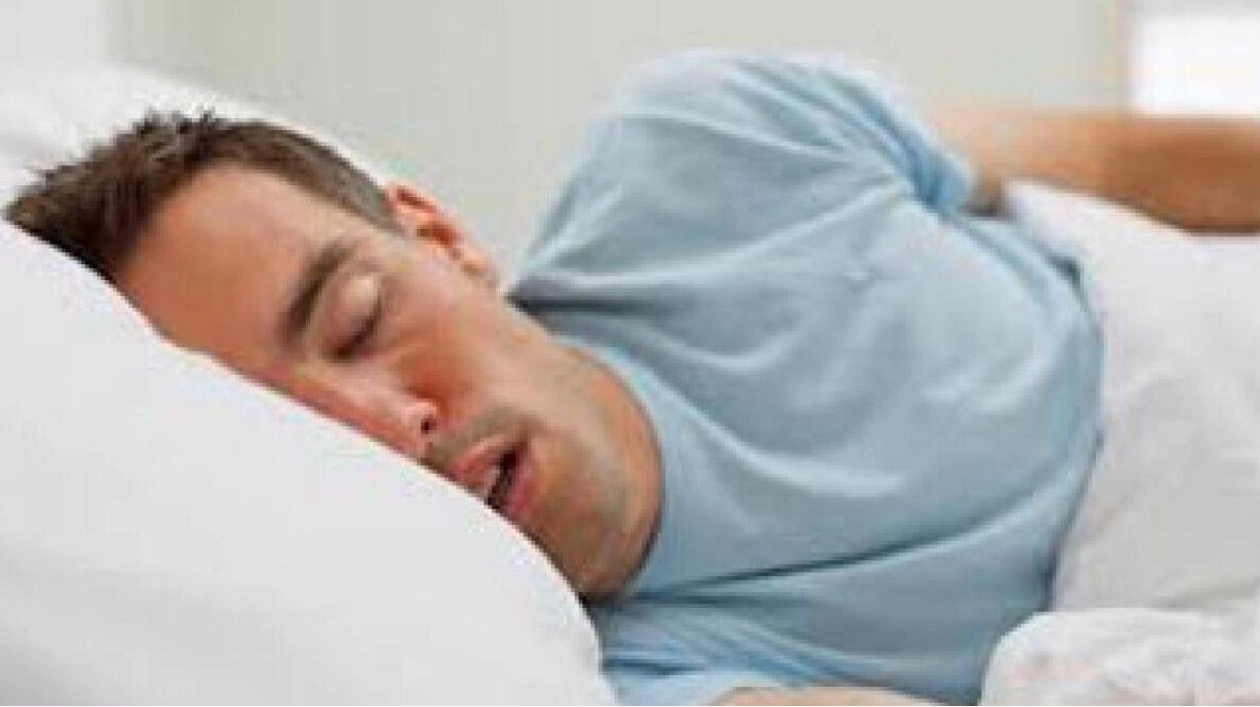A Dubai resident narrowly escaped job loss after repeatedly falling asleep at work due to poor performance. The 45-year-old had experimented with various methods such as avoiding caffeine, limiting electronic use before bed, and maintaining good sleep hygiene, but still woke up fatigued regardless of sleep duration. His wife had also noted his loud snoring. “He experienced several instances of gasping and sudden awakenings due to breathing difficulties, prompting him to seek medical advice,” explained Dr. Raiza Hameed, a specialist pulmonologist at Aster Clinic Bur Dubai. “Upon examination, we discovered he was obese and had been suffering from hypertension for two years. A sleep study confirmed severe obstructive sleep apnea.” This condition arises when throat muscles relax and obstruct the airways during sleep, causing repeated breathing interruptions. “Frequent awakenings, particularly in cases like sleep apnea, severely degrade sleep quality,” stated Alexandra Zatarain, co-founder and VP of brand and marketing at Eight Sleep, a company specializing in sleep optimization products. “These disruptions hinder entry into deep and REM sleep stages essential for recovery and cognitive function. Repeated interruptions lead to grogginess, unrefreshed awakenings, and diminished daily performance. Over time, this can significantly impact health and cognitive abilities.”
According to Dr. Tayseer Al-Massry, a consultant ENT surgeon at Burjeel Day Surgery Centre in Al Reem Island, Obstructive Sleep Apnea Syndrome (OSAS) is highly prevalent among the general population in Dubai. “A comprehensive study across primary healthcare centers in Dubai revealed that nearly 21 percent of participants were at high risk for OSAS,” he noted. “The highest prevalence was seen in the 51–60 age group for both sexes.” Symptoms of OSAS include excessive daytime sleepiness, loud snoring, abrupt awakenings with shortness of breath, morning headaches, and cognitive issues such as concentration problems.
Inadequate sleep can have serious consequences. “Sleep is not merely downtime—it’s a critical period for the body to recharge and prepare for peak performance,” emphasized Alexandra. “Ignoring this essential recovery period means operating below full capacity, affecting mood, mental clarity, and overall efficiency. Addressing sleep disturbances is crucial for maintaining optimal health and performance. Dr. Tayseer highlighted that untreated sleep apnea could even lead to death, causing conditions such as high blood pressure, heart disease, diabetes, dementia, and increased risk of premature death. Dr. Raiza reported that her patient successfully overcame his issues using an automatic CPAP machine during sleep. “His improvement was rapid, and he experienced benefits within a week of using CPAP,” she said. “His blood pressure normalized, he became energetic, started exercising, and is now reducing his weight through diet and exercise. He was amazed at how many symptoms were linked to obstructive sleep apnea and how they disappeared after using CPAP.”






